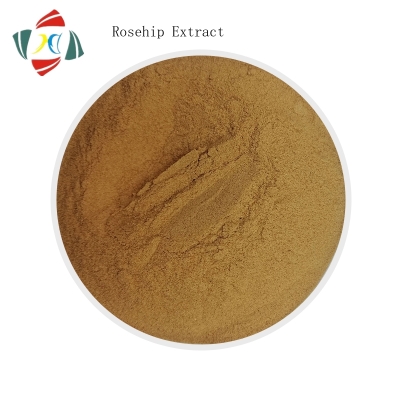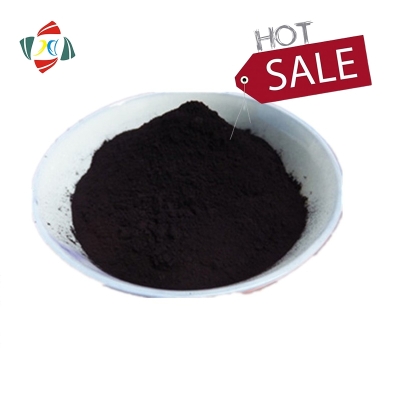-
Categories
-
Pharmaceutical Intermediates
-
Active Pharmaceutical Ingredients
-
Food Additives
- Industrial Coatings
- Agrochemicals
- Dyes and Pigments
- Surfactant
- Flavors and Fragrances
- Chemical Reagents
- Catalyst and Auxiliary
- Natural Products
- Inorganic Chemistry
-
Organic Chemistry
-
Biochemical Engineering
- Analytical Chemistry
- Cosmetic Ingredient
-
Pharmaceutical Intermediates
Promotion
ECHEMI Mall
Wholesale
Weekly Price
Exhibition
News
-
Trade Service
News from June 15, 2021 // A common metabolic change in the tumor microenvironment is the accumulation of lipids, which is the main feature of the body's immune dysfunction
Immunity tumor microenvironment contains a large number of oxidized lipid molecules.
Image source: https:// research results reveal a new pathway that protects the host's immune system by reducing the level of oxidative lipid damage in killer T cells, and identifying such special factors that trigger immunosuppression in the tumor microenvironment may be expected Help develop new immunotherapies to treat cancer
The emerging field of cancer immunometabolism focuses on how the immune cell metabolism in tumors is reprogrammed and how it is driven by changes in nutritional availability; researchers all know that fat accumulates in tumors, and fat accumulation It is related to the immune dysfunction of the body, and researchers are not clear about the specific relationship
It was found that killer T cells can adapt to the tumor microenvironment by increasing the level of CD36 on their surface and ingesting a large amount of oxidized lipids
The scavenger receptor CD36 uptakes oxidized lipids or can promote lipid peroxidation and dysfunction of CD8+ T cells in tumors
Image source: Shihao Xu, et al.
Immunity
The researchers then used a variety of methods to investigate how CD36 damages the function of killer T cells.
It is important that lipid oxidation not only occurs in T cells, but also in tumor cells; too much lipid oxidation can also cause cell death; in fact, in cancer research, the lipids in tumor cells Increasing the oxidation level to a lethal level will allow researchers to see a lot of excitement, and it will also promote further in-depth research later
At present, we have discovered the vulnerability of T cells to lipid oxidative pressure.
Original source:
Shihao Xu, Omkar Chaudhary, Patricia Rodríguez-Morales, et al.
Shihao Xu, Omkar Chaudhary, Patricia Rodríguez-Morales, et al.
Uptake of oxidized lipids by the scavenger receptor CD36 promotes lipid peroxidation and dysfunction in CD8+ T cells in tumors , Immunity (2021).
doi: 10.
1016/j.
immuni.
2021.
05.
003 Uptake of oxidized lipids by the scavenger receptor CD36 promotes lipid peroxidation and dysfunction in CD8+ T cells in tumors Immunity







